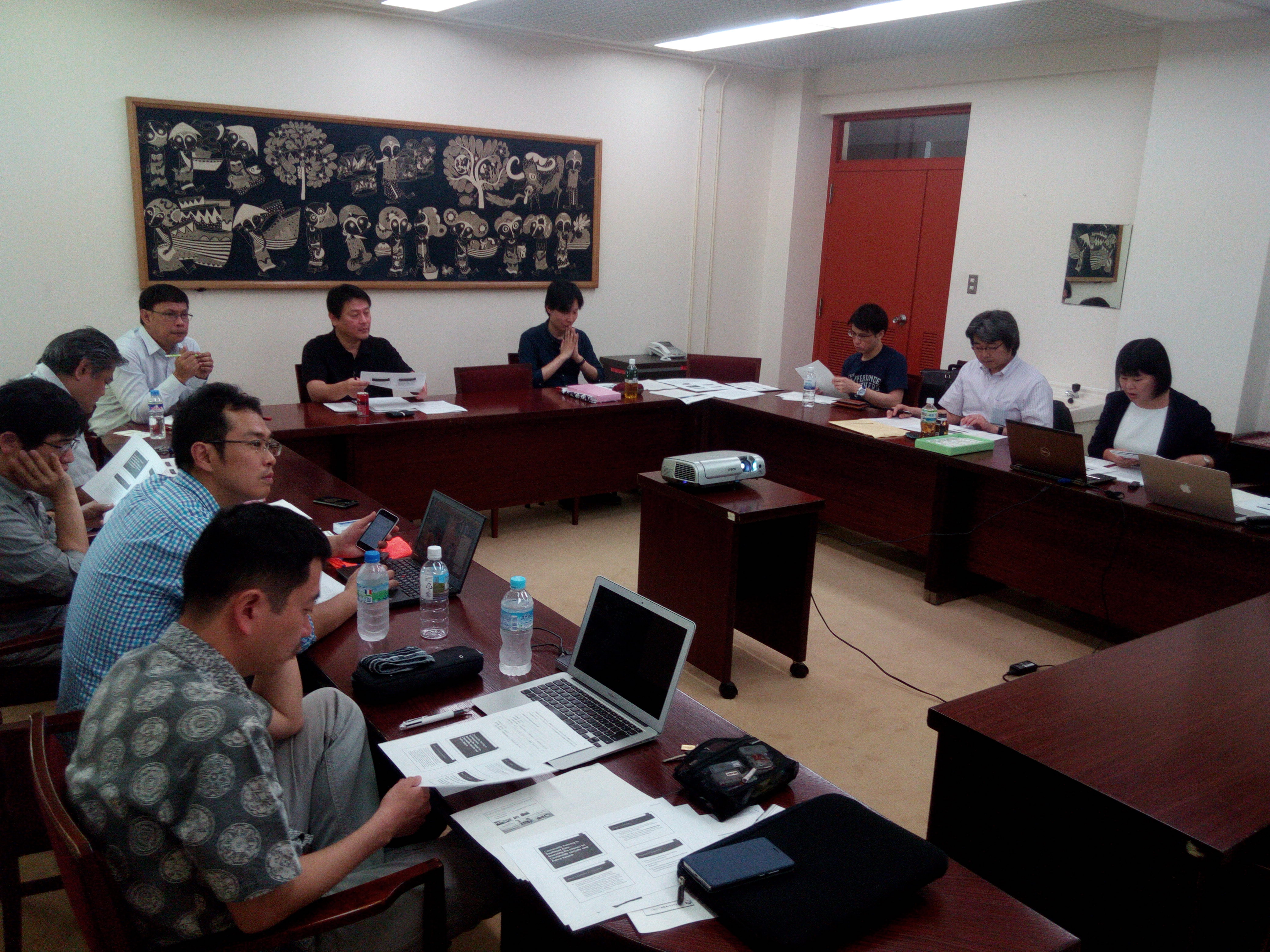- Project Leader : Kiba Saya (Doshisha University, Faculty of Policy Studies)
- Collaborators : Okamoto Masaaki (Kyoto University, Center for Southeast Asian Studies)
- : Honna Jun (Ritsumeikan University, College of International Relations)
- : Yasutomi Atsushi (Research Institute for Peace and Security)
- : Tanaka Tomohito (Sendai University, The Faculty of Sports Science)
- : Mario Joyo Aguja (Mindanao State University, Department of Sociology)
- : Janjira Sombatpoonsiri (Thammasat University, Faculty of Political Science)
Outline of Research
This project will analyze community policing in some of the new democracies of Southeast Asia to widen our understanding of security sector governance in the region, a crucial field of study yet to be developed.
Description
In Southeast Asian countries, non-state security actors, such as private security companies, militia, and armed local vigilantes, continue to play traditional roles in maintaining community security. Over the past few decades, however, community policing (CP) activities have been introduced in some new democracies as an instrument to improve the safety and security of local communities.
CP’s unique participatory approach, which encourages collaboration between the police and community members, is said to help enhance a number of police reform efforts, including anticorruption, trust-building with communities, human rights awareness, and gender sensitivity.
CP programs in these countries have been technically and financially supported by the police of Western countries (particularly the U.K.) and Japan, and by institutions like the Geneva Centre for the Democratic Control of Armed Forces, SaferWorld, the Hanns Seidel Foundation, and the Japan International Cooperation Agency (JICA).
Against this background, this project tries to answer the following questions:
1) to what extent and in what way have CP initiatives been effective in achieving community security and reinforcing police reform?
2) how have CP support programs influenced the progress of police reforms in Southeast Asia? Do the programs effect common reform results, or do they bring about outcomes unique to each country? Why do they occur?
This project invites scholars and experts in the field of CP and other related areas to discuss these questions. Their presentations cover issues including theories pertaining to CP, and cases from Indonesia, Japan, the Philippines, and Myanmar.
 |
 |
| A seminar with Dr. Mario “Mayong” Aguja of Mindanao State University, May 22, 2016 | |
